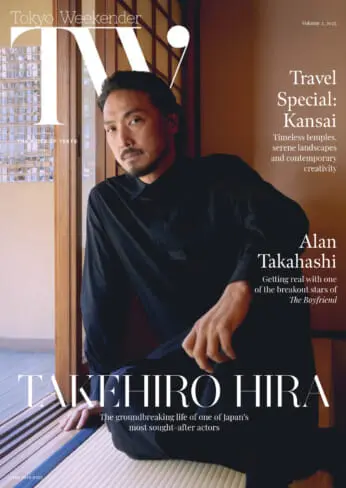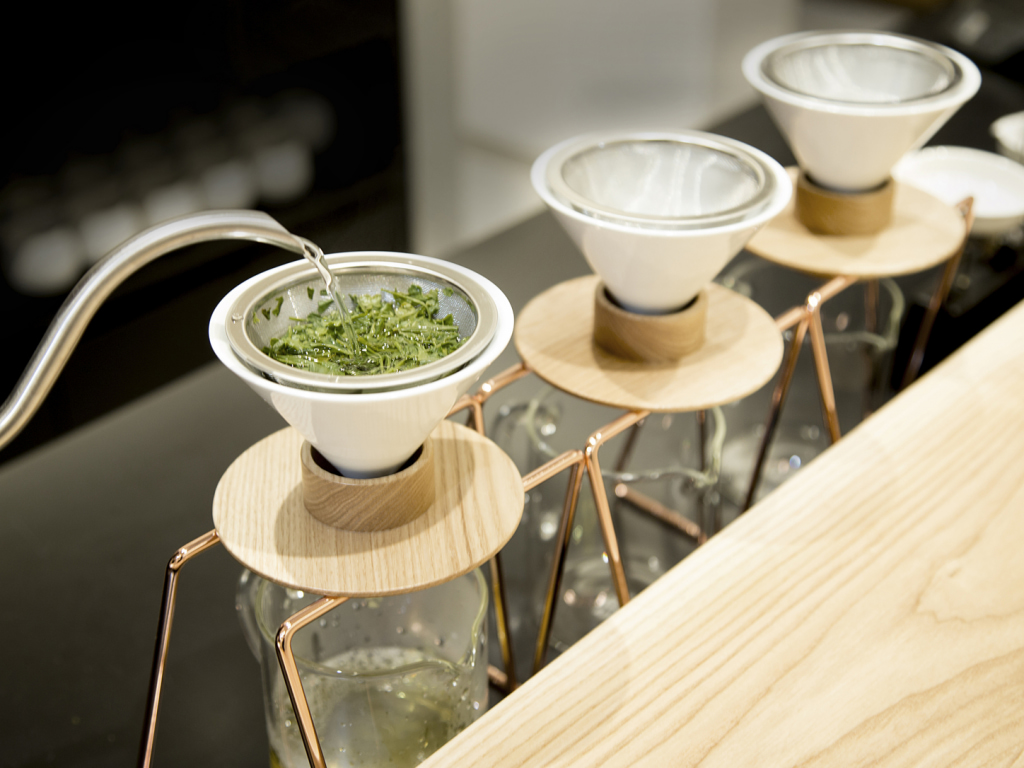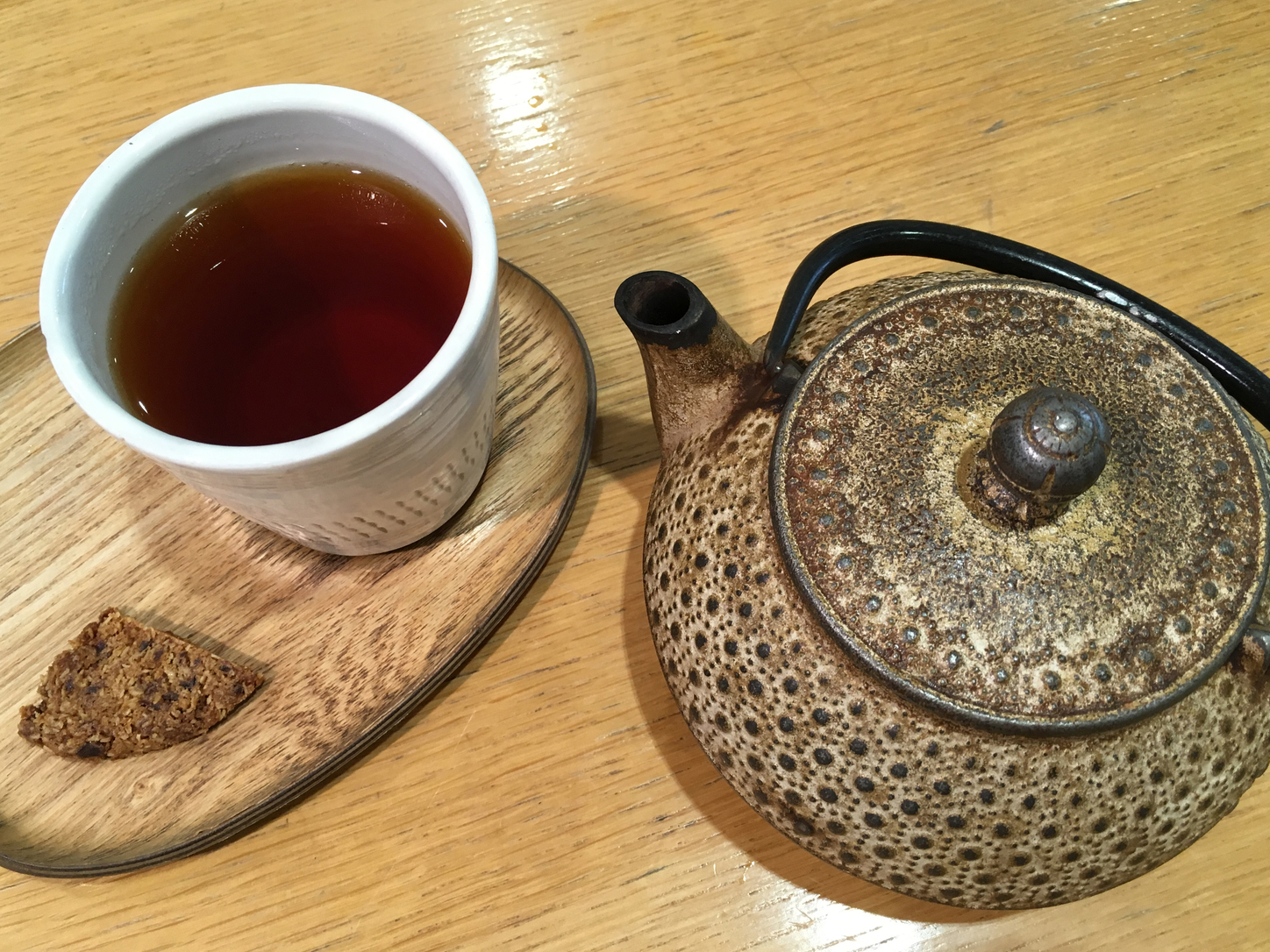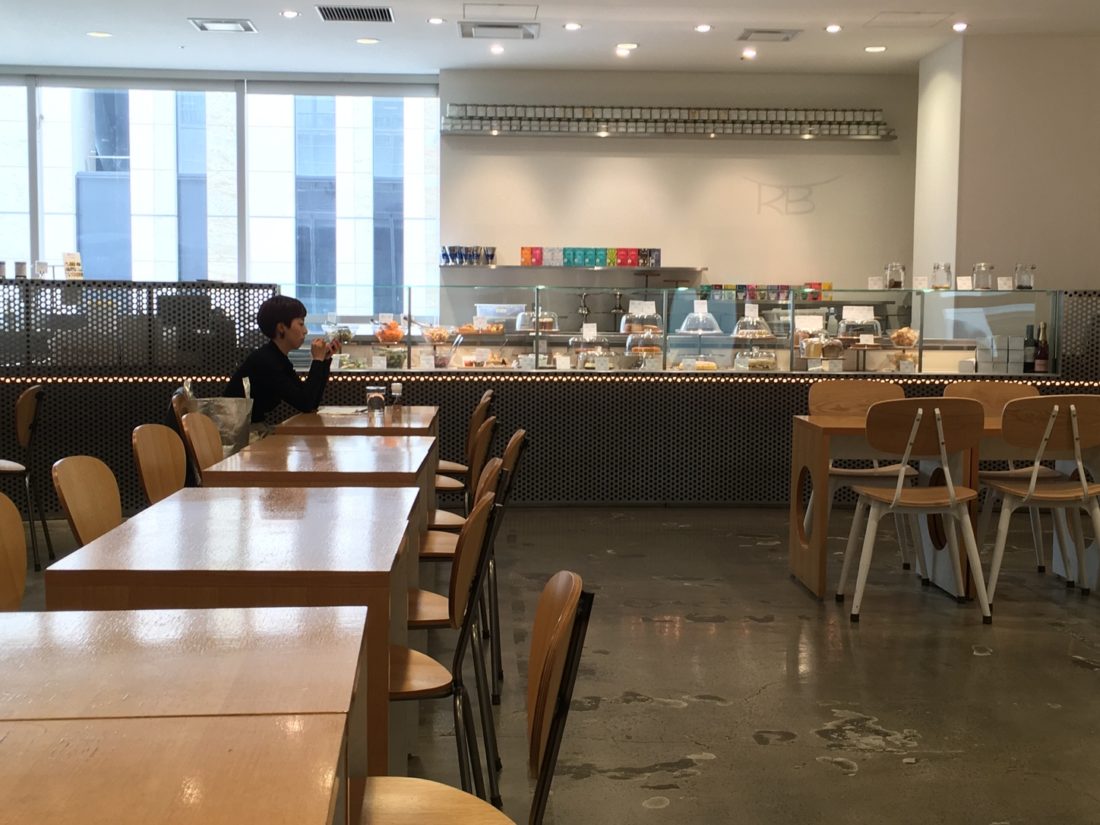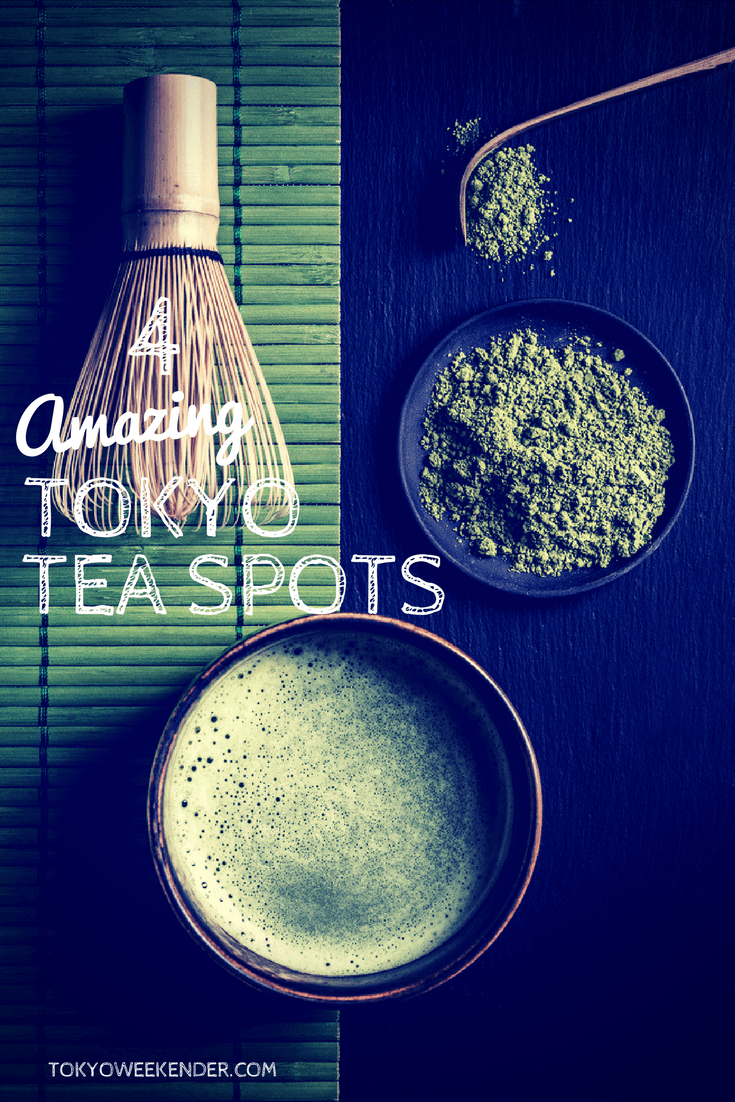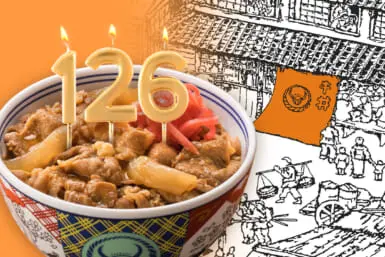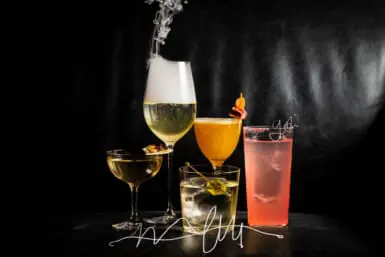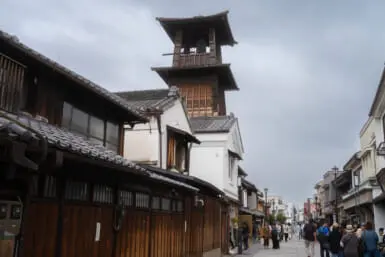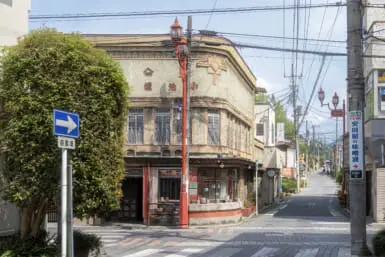From the world’s first hand-drip green tea café to a shopper’s hideaway serving organic rooibos, here are four spots for your afternoon break.
Words by Annemarie Luck and Lisa Wallin
Tokyo Saryo
The Story: Described as the world’s first hand-drip green tea shop, Tokyo Saryo opened its minimalist doors in Sangenjaya in January 2017. Inspired by coffee culture, they designed their own dripper, which the barista uses to extract green tea from their selection of seven types of sencha leaves.
Why We Love Them: Aside from the aesthetic beauty of the café, which is all white and wood and clean, straight lines (and the handiwork of Lucy Alter Design), we love how they are reviving, modernizing and simplifying the traditional tea ceremony. Also, instead of offering blended tea, which is the norm these days, they serve single-origin green tea sourced from around Japan, allowing you to appreciate the contrast in flavors.
What to Try: Go for the tasting course menu (¥1,300) which includes your choice of two sencha varieties (Harumoegi and Yoino Shichiyousei are the most popular) served with wagashi (traditional sweets). You’ll get five cups in total, with the first and second steeps done at different temperatures to influence the taste and bitterness, and the third steep done with genmai (roasted rice). All the teas can be bought in store, too.
Click here for more info and contact details
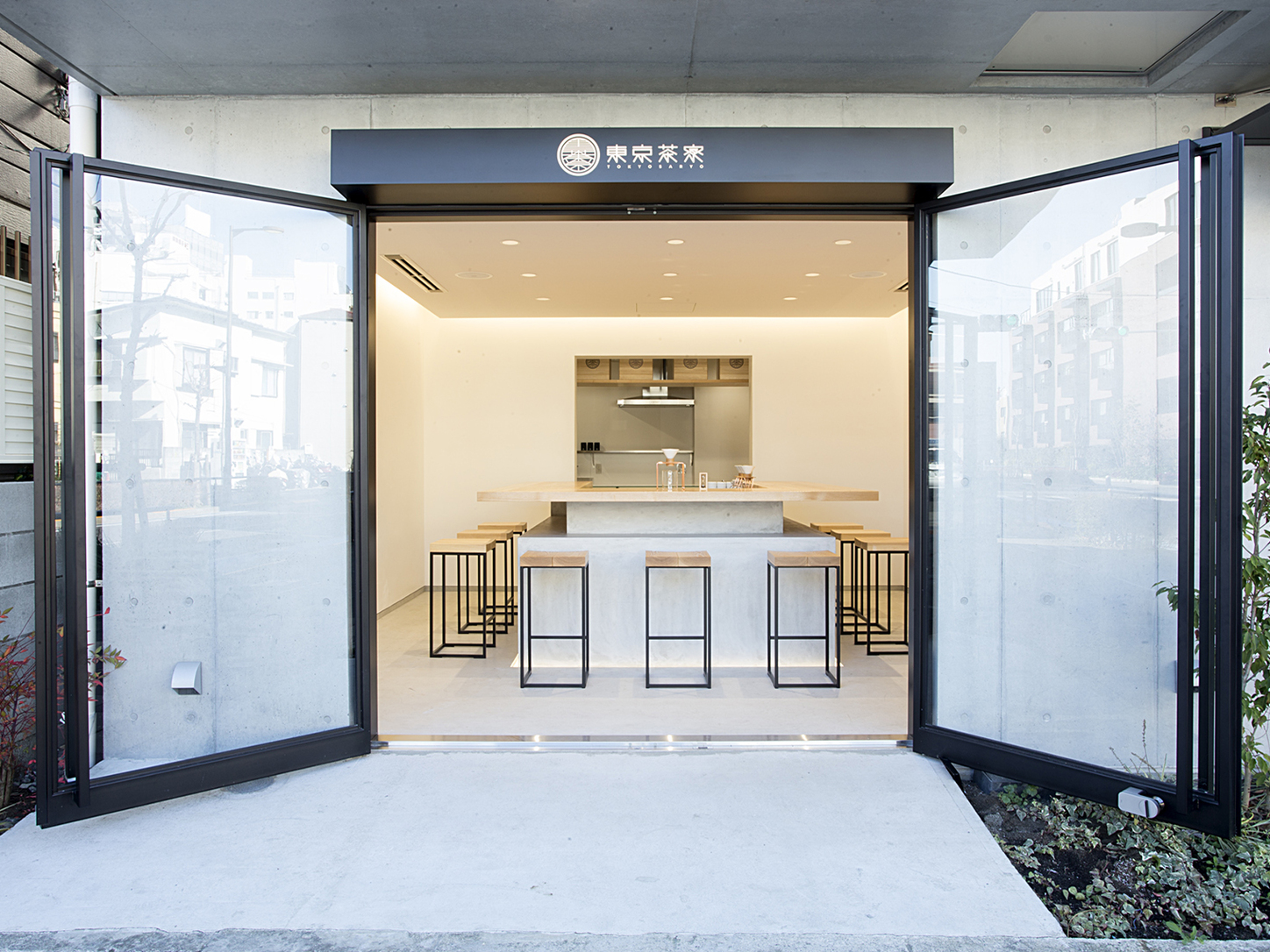
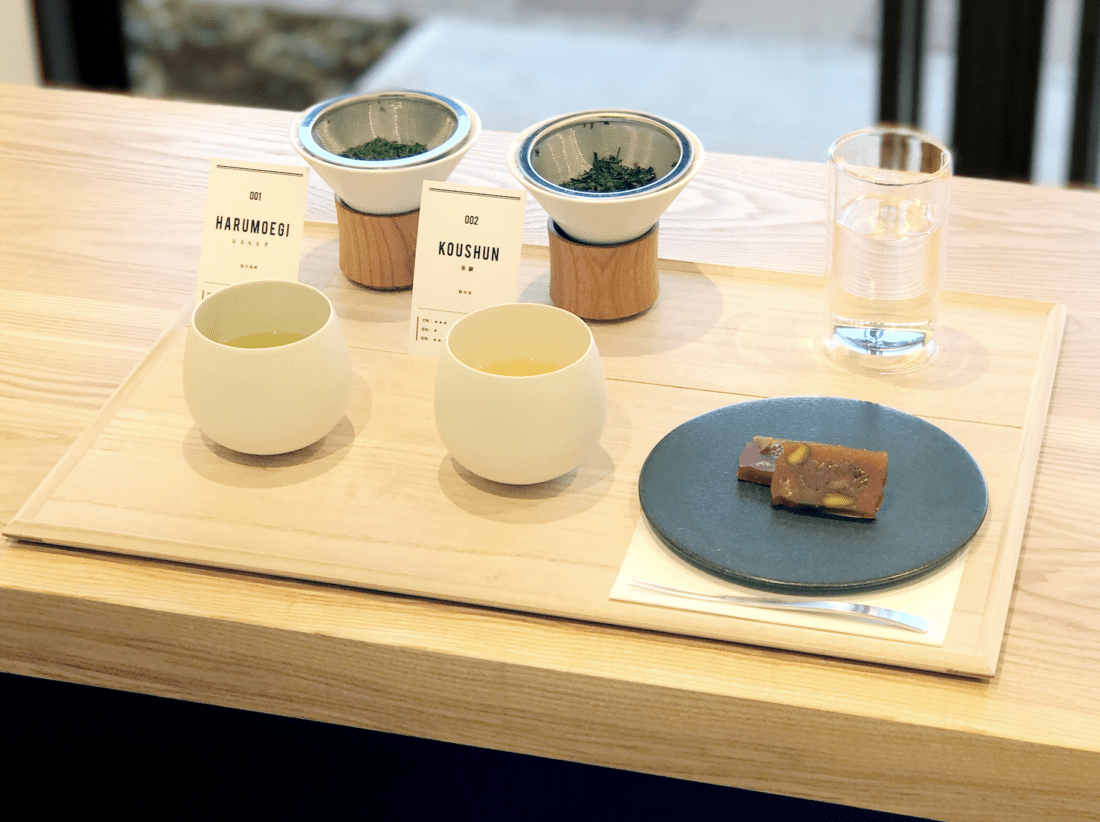
Nakamura Tea Life Store
The Story: Opened in Kuramae in 2015, Nakamura Tea Life Store is the brick-and-mortar store of a family-run tea company that’s been in business for almost 100 years. The Nakamura family, now in its fourth generation of tea producers, switched to pesticide-free farming when the third generation owner fell ill due to exposure from chemicals used to protect the tea bushes. That was over 30 years ago and they’re still going strong.
Why We Love Them: What’s not to love? The tea is organic, is only harvested during the peak season (late April to early May), and each tea canister – stylishly retro in its own right – lets you know exactly where the tea was harvested.
What to Try: The Garden No. 01 Covered Edition sencha tea (¥3,600 with canister) is grown in the very first field that switched to organic production. For this particular tea, the bushes are covered two weeks before harvest to protect them from the sun.
This gives the tea a clean and crisp flavor, with less astringency and bitterness.
Click here for more info and contact details
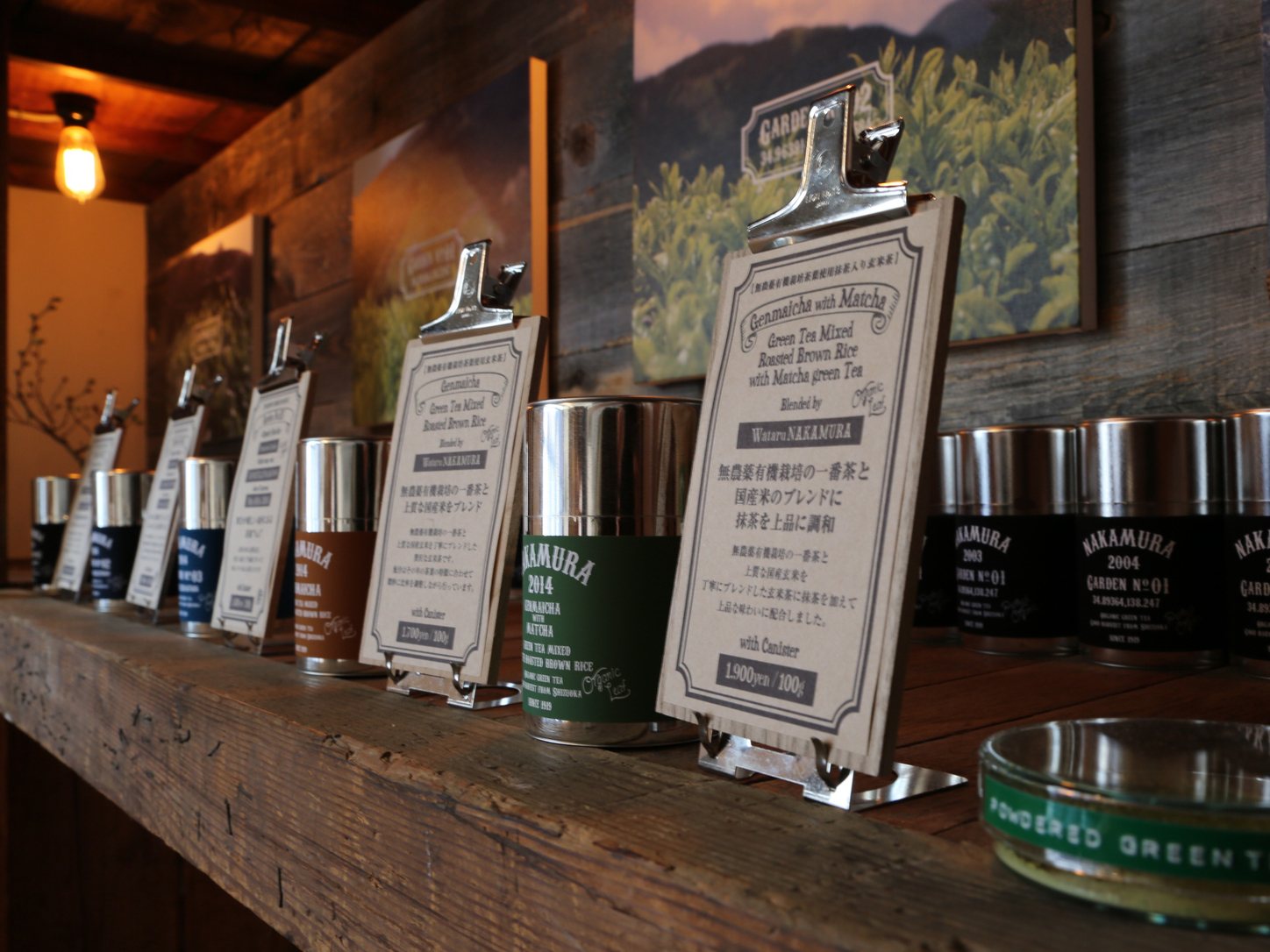
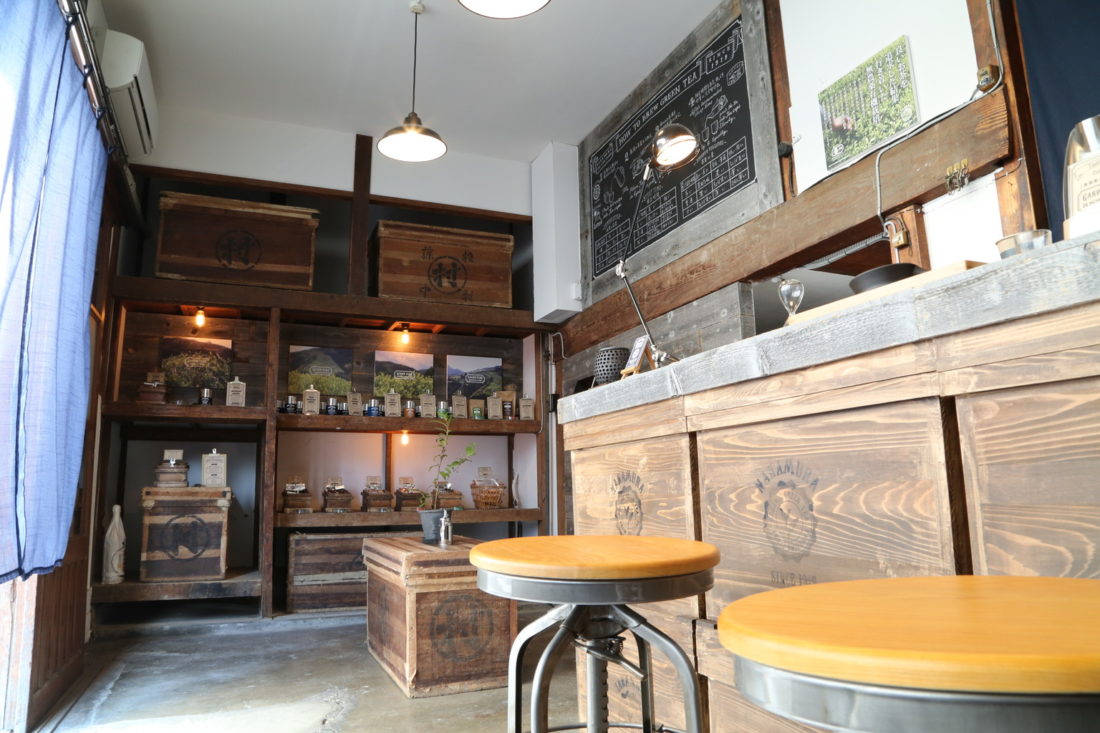
Rose Bakery
The Story: Originally from Paris, Rose Bakery now has branches in London, New York, Seoul, and Tokyo. We visited the Dover Street Market Ginza branch, which is tucked away at the top of the swanky department store, offering a light, bright haven for shoppers and brunchers who need a break – and a good cup of tea.
Why We Love Them: Rose Bakery is a chic yet unpretentious canteen-style space with the spotlight shining directly on their smorgasbord of sweet treats – most of which will more than satisfy those who are craving British or American-style fare. As for the teas, they serve all types of top quality brews by Clipper, including English breakfast, rooibos, and green tea.
What to Try: We stopped by for a late breakfast, pairing organic vanilla rooibos (a caffeine-free tea that’s sourced from South Africa and packed with immune-boosting antioxidants) with a Moroccan omelet, which was gently spiced and served with freshly baked brown bread. Only want a snack? This is one of the few places in Tokyo that serves classic scones with jam and cream!
Click here for more info and contact details
You Cha
The Story: One of the first Chinese tea speciality shops in Tokyo, You Cha opened in Omotesando back in 1997, but has recently had a mini facelift, giving it a fresh new look. The original idea was to change the perception of Chinese tea in Japan – 20 years ago, there was a lack of knowledge in Japan about Chinese tea, and most of the types sold were not high quality. Today, the shop offers 80 varieties of Chinese and Taiwanese teas as well as distinct Japanese teas.
Why We Love Them: Based on the concept of offering a memorable Chinese tea experience, You Cha also has a tea school where they hold classes for people who wish to learn how to select and prepare Chinese tea as well as keep abreast of the latest developments in the world of Chinese tea.
What to Try: No idea where to start? Take up a seat at the small counter to sample high-grade Chinese teas for free before choosing which ones you’d like to purchase. Japanese-, English-, and Chinese-speaking staff will happily assist.
Click here for more info and contact details
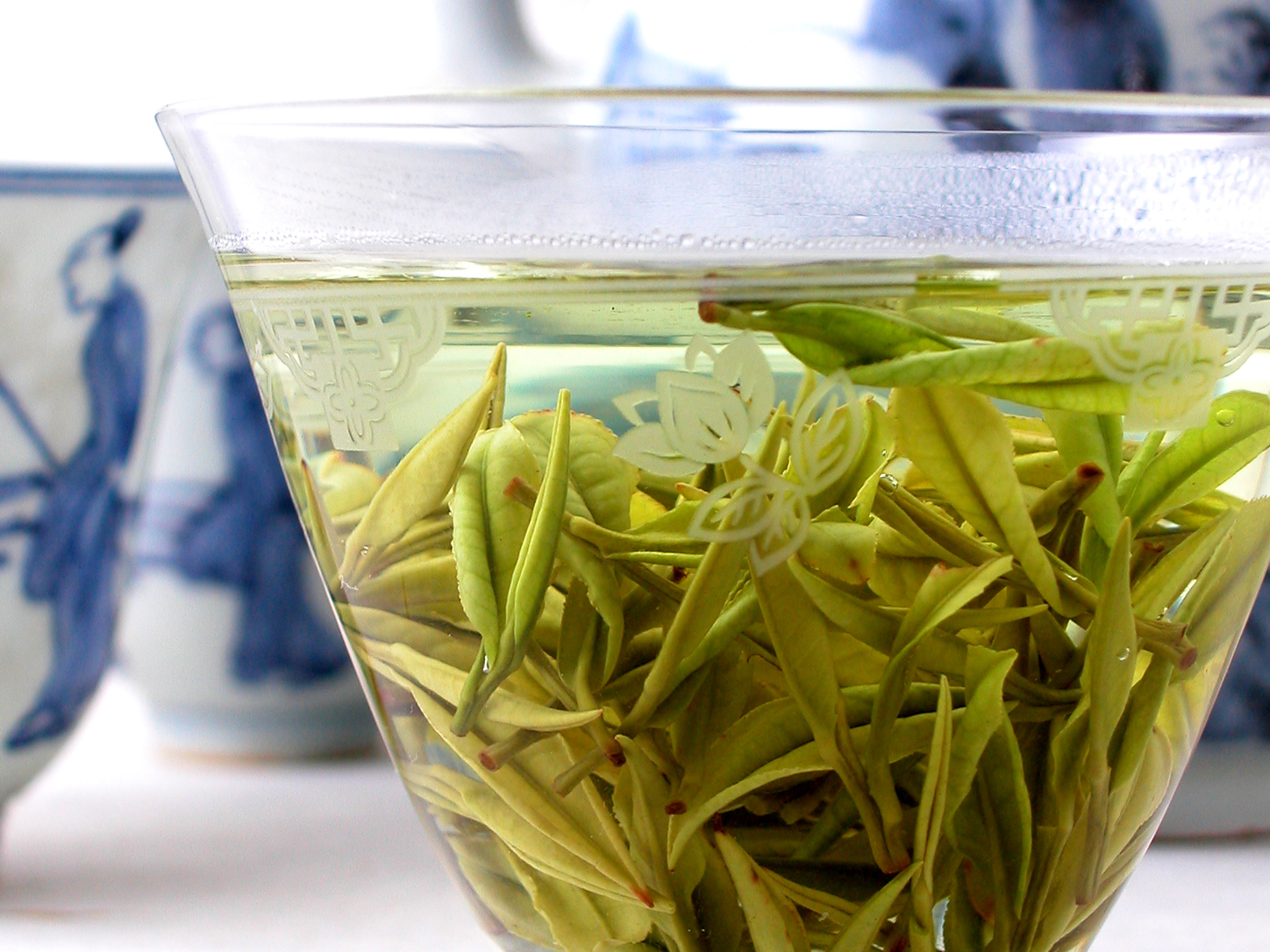
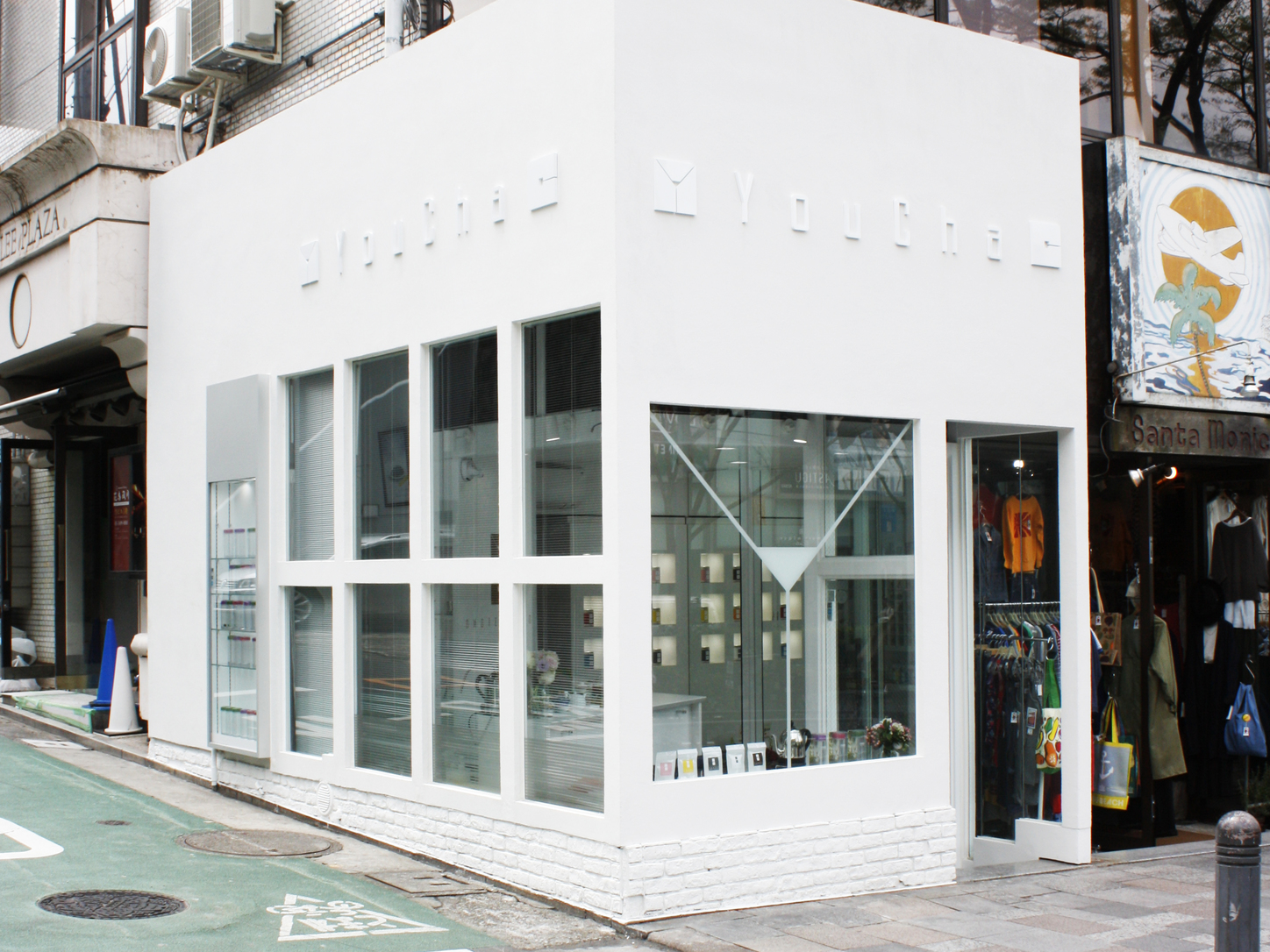
This article appears in the April 2017 issue of Tokyo Weekender magazine.
